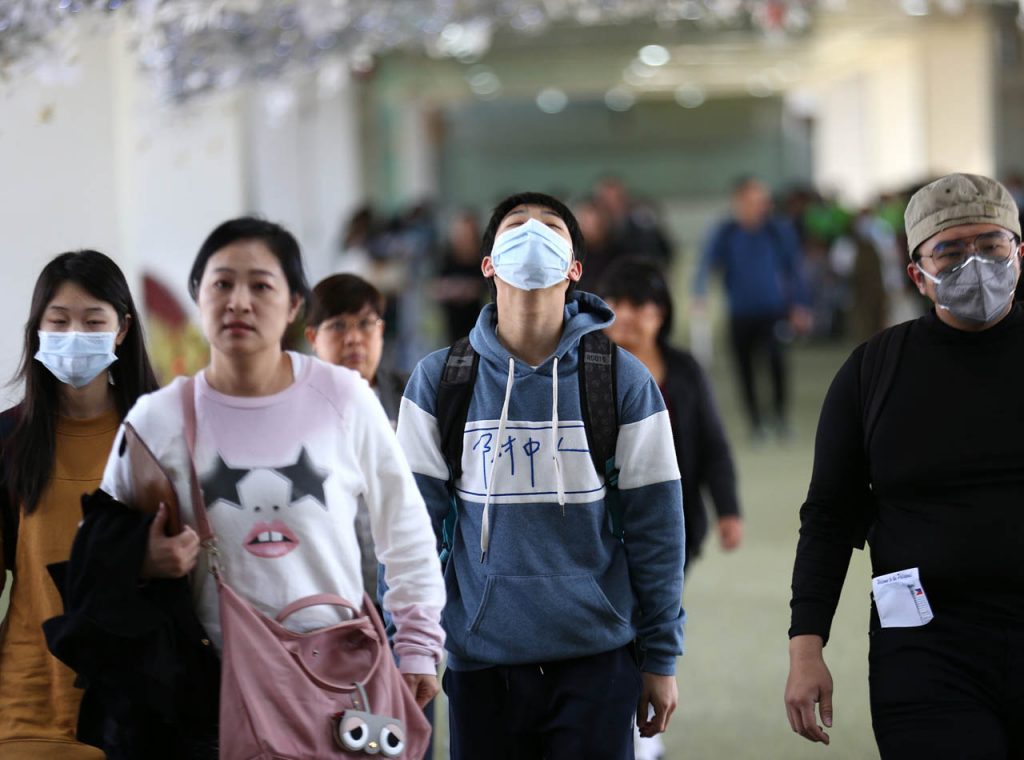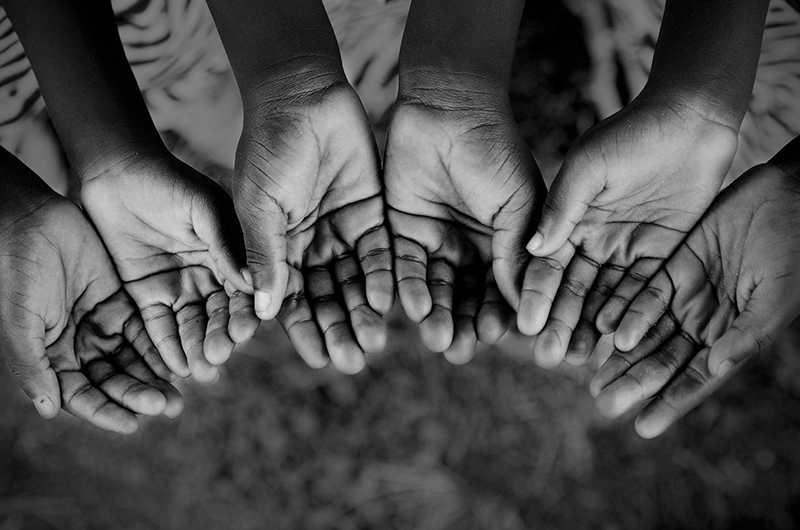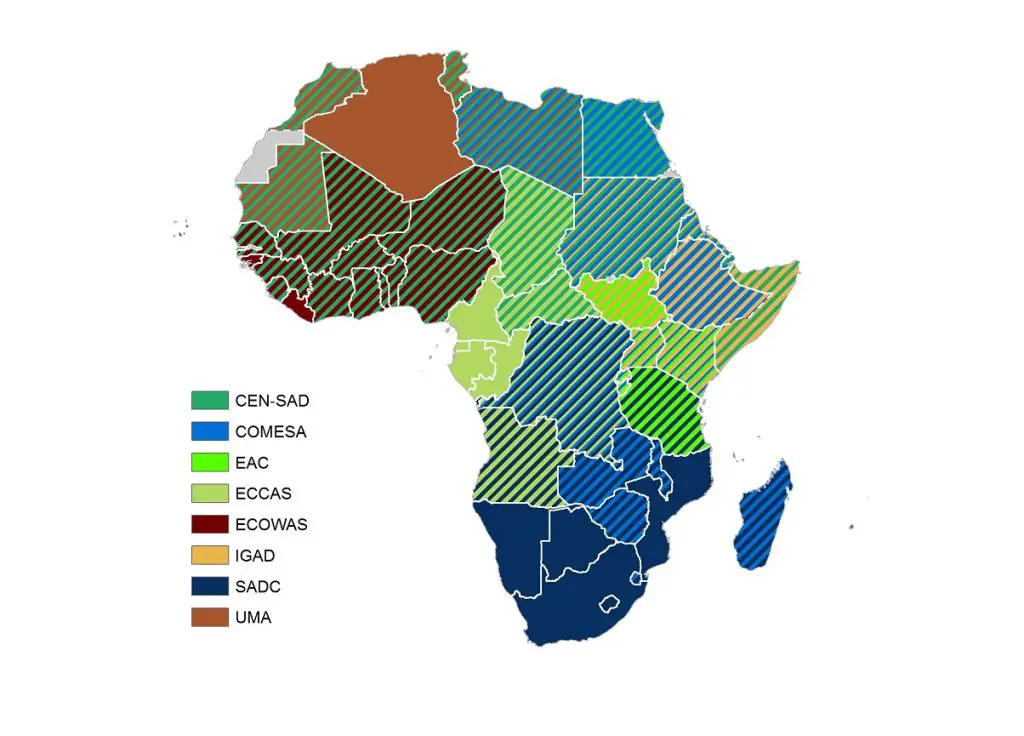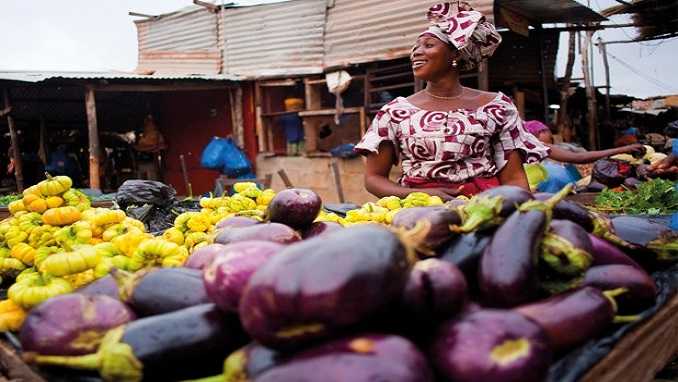- Kenya-Ethiopia Trade Relations: Legislators Advocate for Policy Alignment to Boost Ties
- Visualising the state of debt in Africa 2024
- Abu Dhabi radiates optimism as over 300 startups join AIM Congress 2024
- TLcom Capital Raises $154 million in Funding to Boost Its African Growth
- Africa’s $824Bn debt, resource-backed opaque loans slowing growth — AfDB
- LB Investment brings $1.2 trillion portfolio display to AIM Congress spotlight
- AmCham Summit kicks off, setting course for robust future of US-East Africa trade ties
- Why the UN is raising the red flag on the UK-Rwanda asylum treaty
Month: January 2020
While digital lenders in Kenya have agreed that Kenyans indebted to more than one mobile lending application will no longer continue accessing loans from multiple lenders, the tables are turning.
In what could be a silent coup against these lenders, Kenyans feel that the tactics used by some of them to recover debt are overboard and breach barriers which should not be broken.
The Digital Lenders Association of Kenya’s (DLAK) desire is to have Credit Reference Bureaus (CRB) put in place a mechanism that will enable DLAK’s members to acquire a borrower’s credit history in real-time. The target is to lock out borrowers with poor credit scores if the proposal sails through.
Hostile treatment
However, while this has been done, borrowers feel that some of the lenders have been going overboard and even breaching privacy in their loan recovery mechanisms.
According to Ajua, an Integrated Customer experience company, Kenyans want …
The China Coronavirus outbreak has shaken the world with fears of its spread looming.
Global markets have witnessed investors pulling their resources while calculating the economic impacts of the outbreak.
As China dines with Africa on the economic lines of trade, investment, and industrialization, there are rising concerns of whether the continent can contain the virus, which has already taken over 170 lives, with 7,000 confirmed cases and spread in about 15 countries.
Economic ramifications
There are growing concerns about the impact of the outbreak on Africa’s economies, earlier this week, a broad sell-off was witnessed in the global markets, affecting South Africa’s rand performance.
Theafricareport indicated that Johannesburg Stock Exchange plunged by as much as 2.6 per cent on Monday 28, the steepest decline in more than eight months.
South Africa, Kenya, Ethiopia, Uganda, Zambia, and Tanzania are some of the vibrant partners of China, whose economies rely on …
Gambia’s economy is losing $83 million a year due to the effects of child undernutrition, according to a new study released in Banjul yesterday.
The loss is about 5.1 per cent of the country’s annual Gross Domestic Product (GDP).
According to a study by the multi-agency Cost of Hunger in Africa (COHA) increased healthcare costs, additional burdens to the education system and reduced workforce productivity are the ways through which losses incurred each year.
“It is alarming that we are losing 5.1 per cent of our National GDP annually because of the consequences of child undernutrition on school performance, health and productivity,” said H.E. Dr Isatou Touray, the Vice President of Gambia.
Also Read: Nigeria exempts food from VAT
“The Government of Gambia is committed to working with all partners through the NDP to build a prosperous nation with a healthy and well-developed human resource,” she said during the launch …
Africa continues to face difficulties in achieving the more robust and sustained growth path that is needed to enhance living standards across the continent…
The Tanzanian government has taken serious precautions towards curbing the China coronavirus outbreak that has taken over 170 lives and more than 7000 new cases confirmed.
According to the Tanzanian Foreign Affairs Minister Palamagamba Kabudi, who was quoted by The Citizen, Tanzanians in China, particularly those with plans to travel abroad, have been urged to take attentive precautions related to guidelines issued by the Chinese government.
On the other hand, Tanzania’s national carrier, Air Tanzania told Reuters that it will resort to postpone its maiden flights from commercial capital Dar es Salaam to China.
The state-run carrier has been promoting and planning its charter flights to its historic development partner next month ahead of the expected launch of scheduled direct flights to the key Asia tourist hotspot.
Air Tanzania managing director Ladislaus Matindi told Reuters that, the company is taking precautions for the safety of its passengers, despite acquiring a …
FDI dropped by a third, to US$1.0 billion from US$1.5 billion in the three years between 2015 and 2018.…
The European Investment Bank (EIB) and UNICEF announced a new partnership aimed at increasing access to quality education and protecting children from climate change.
Under a Memorandum of Understanding signed by EIB Group President Werner Hoyer and UNICEF Executive Director, Henrietta Fore signed a Memorandum of Understanding (MoU) that the two institutions are committed to jointly investing in quality education and skills training for the most vulnerable children. Community-based climate adaptation initiatives in schools and health facilities will be scaled up by both institutions.
“The social agenda of this European Commission aims for a more certain future for our children and young people. We want to protect them from poverty and make sure they have access to the skills and training they need to navigate the green and digital transitions. Nobody should be left behind. I welcome today’s agreement between the EIB and UNICEF which captures that very same ethos.” …
Leading mobile payments company WorldRemit saw a 43% growth in remittances to Africa from higher-income nations in 2019.
The top five countries receiving remittances from the diaspora in 2019 included Ghana, Kenya, Uganda, Zimbabwe, with Nigeria receiving the most remittances. The top sending countries to the region included the United States, Australia, Canada, and Sweden, with the UK sending the most remittances.
The diaspora plays a key role in Africa’s development story, today the value of remittances is three times larger than official development assistance (ODA) and forecasted to become higher than foreign direct investment for a handful of African countries in 2019.
WorldRemit has disrupted an industry previously dominated by offline legacy players by taking international money transfers online – making them safer, faster and lower-cost. We currently send from 50 to 150 countries, operate in 6,500 money transfer corridors worldwide and employ over 800 people worldwide.
On the …
CDC Group, the UK’s publicly owned impact investor, has announced a commitment of US$39.2 million to support SMEs in West Africa. CDC is backing Verod Fund III and Adiwale Fund I, West-African based private equity funds targeting SMEs in the region, with commitments of US$19.2m and US$20m respectively.
In West Africa, banks and low levels of private equity activity are currently struggling to meet the financing needs of SMEs, hampering their potential as engines of economic growth in the region. Access to finance is cited as the top barrier for doing business in Nigeria and Ghana. Increasing access to capital to this market is a core element of the CDC’s Africa strategy by backing well-networked, experienced local teams.
This should, in turn, support private sector development, economic growth, and long-term sustainable employment, particularly for the semi-skilled and low-skilled workforce in the region, therefore contributing to Sustainable Development Goal 8: decent …
International Finance Corporation (IFC) has unveiled an investment of up to EUR050mn in Habesha Breweries S.C. to help the company expand its operations in Ethiopia and increase local barley sourcing from smallholder farmers.
The loan is co-funded by the Dutch development bank (FMO) and Dutch banks Coöperatieve Rabobank U.A. (Rabobank) and ING Bank N.V. (ING Bank).
Habesha was initiated by a group of local Ethiopian investors in 2009 and it has grown to be the sole supplier of inflight drinks at Ethiopian. The company is currently owned by Swinkels Family Brewers Holding N.V. (60%), 8,000 local shareholders (30%), and Linssen Participations B.V. (10%).
Ethiopia’s brewing industry is fast growing and an important contributor to economic growth, but the sector imports as much as 90 percent of its malt barley needs. In addition to the financing, IFC and FMO will help Habesha support farmers’ access to improved seed varieties and other …













